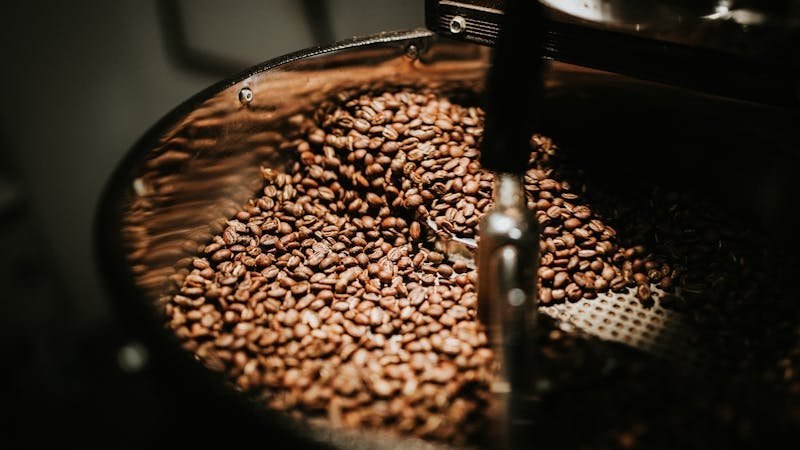
Are Aussie coffee drinking habits changing in the face of rising prices?
Coffee is having a moment in Australia and not particularly for the right reasons (well, not if you consider news of coffee waste being used to build footpaths) - from Aussies cutting back on their pre-work coffee fixes to hospitality business owners ringing warning bells about future coffee prices. News about a surge in Robusta coffee prices and Arabica coffee sometime earlier, isn’t helping either.
How often do Australians drink coffee?
YouGov data suggests that most Australians (66%) are avid coffee drinkers - they consume the beverage daily or almost every day. More than one in ten Australian adults drink coffee at least once a week, while 4% drink the beverage at least once a month.
Do Australians feel coffee prices have increased?
But just because Aussies haven’t let go of their daily sip of caffenieted luxury, doesn’t mean they aren’t noticing coffee price increases.
When asked whether they’ve noticed prices of their usual coffee purchases from cafes / coffeeshops (brewed on order) change over the past few months, three in five Aussies (60%) have noticed the prices increase. A slightly larger proportion (62%) have noticed prices of the coffee both from supermarkets, convenience chains or online stores increase in the past few months.
Which major café chains / coffeeshops are most popular among regular coffee drinkers in Australia?
As for coffee chains Australians get their coffee from, Nescafe tops the list (50%), followed by Moccona (37%) and Lavazza (25%). Equal proportions of the general Australian population get their coffee from Grinders (10%) and Campos (10%).
Between men and women in Australia, coffee chain preferences stack up more or less in the same order as seen with the general population. The differences between male and female Australian consumers are the most significant when it comes to preference for Nescafe coffee (54% of men, 46% of women), Italian brand Lavazza (29% of men, 20% of women) and premium health food brand Tropeaka (7% of men, 2% of women).
Have rising coffee prices changed coffee drinking habits among Australians who feel the pinch?
Price increased have had no impact on the coffee drinking habits of three in ten Australians (30%).
But more than one in ten Australian adults (12%) say they have completely stopped drinking coffee. Nearly a quarter of them (24%) have only considered reducing the amount of coffee they drink.
A number of them, while continuing with their coffee drinking, have tweaked their usual buying preferences.
Data shows that 22% of them have switched to buying cheaper coffee ground/bean brands while 11% have switched to buying from more affordable coffee establishments. Further, 5% of Australians opt for cheaper coffee orders at their regular coffee joints.
Nearly a third of men (32%) and over a quarter of women (28%) in Australia say that the rise in coffee prices hasn’t impacted their coffee drinking habits, less than three in ten women (28%) say the same.
Demographic data suggests, more male respondents than female (17% vs. 6%) say they’ve completely/mostly stop drinking coffee, they’ve switched to cheaper coffee ground/bean brands (27% vs. 18%) and that they’re visiting cheaper coffee establishments (14% vs. 8%).
But women are more likely than men (44% vs. 28%) to have bought less from cafes and coffee joints and instead make their own coffee more often than before.
Also read:
Are coffee drinking habits in Singapore changing in the face of rising prices?
Are Thai coffee drinking habits changing in the face of rising prices?
Methodology: YouGov Surveys: Serviced provides quick survey results from nationally representative or targeted audiences in multiple markets. This study was conducted online in July 2024, using a questionnaire designed by YouGov. Data figures have been weighted by age, gender, and region to be representative of all adults in Australia (18 years or older), and reflect the latest Australian Bureau of Statistics (ABS) population estimates.
Photo by Juan Pablo Serrano on Pexels